The Certificate in Physical Activity Instruction (PAI) is designed for students who have interest in studying courses with a major focus on theories and practices of physical activity instruction. Students will gain hands-on experience in analyzing, designing and leading a variety of physical activity interventions with appreciation of its relevance for a variety of career paths, including: health sciences, fitness and recreation, education, research and coaching.
REQUIREMENTS: Students currently registered in KPE must successfully complete 1.5 FCE from the PAI pathway, of which at least 0.5 FCE must be from the general category and at least 0.5 FCE must be from the specific category. Students will take the remaining 0.5 FCE from either category. Additionally, students must achieve a minimum of 70% in each PAI course used to be deemed eligible for the certificate.
- 0.5 FCE FROM PHYSICAL ACTIVITY INSTRUCTION - GENERAL CATEGORY
- 0.5 FCE FROM PHYSICAL ACTIVITY INSTRUCTION - SPECIFIC CATEGORY
- 0.5 FCE FROM PHYSICAL ACTIVITY INSTRUCTION - ANY CATEGORY
(Students may take the remaining 0.5 FCE from either the general or specific categories listed below.)
Physical Activity Instruction - General Category: KPE333H1, KPE340H1, KPE342H1, KPE422H1, KPE427H1, KPE442H1
Physical Activity Instruction - Specific Category: KPE326H1, KPE329H1, KPE355Y1*, KPE380H1, KPE423H1, KPE434H1, KPE455Y1*, KPE461H, KPE476H1
IMPORTANT ELIGIBILITY REQUIREMENTS
- Individual courses may only count towards one identified BKin certificate in addition to counting towards the BKin degree.
- Students are limited to a maximum of 3 BKin certificates with their degree.
Please refer to this website for further information.
